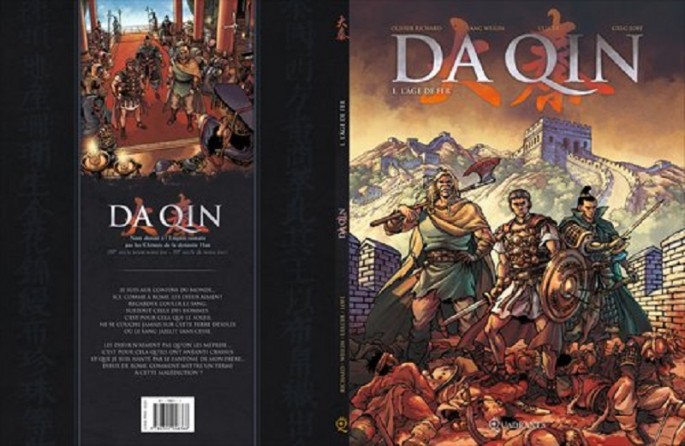If Japan has manga which represents the country’s comic art, China has manhua. Although manga appears to be the more popular between the two forms, especially in Asia, Chinese manhua artists are making a name in Europe.
A number of Chinese comic book artists are making waves in the continent with their graphic form of art. The current crop of manhua artists have Benjamin (Zhang Bin) to thank for. He paved the way for his fellow Chinese artists when he published the comic book “Remember” in France in 2006.
However, the Independent wrote that manhua, as a subversive art, came to Britain from China in 1928. It was initially used as a political tool in China during World War II and the regime of Mao but was adopted by today’s underground artists to challenge the government.
Also in France, Li Kunwu published in 2010 the manhua “A Chinese Life” which became a bestseller as soon as it hit the bookshelves. Li’s masterpiece was eventually published in 13 more countries in Europe and Asia, including UK, Germany, Japan and South Korea.
More than just sell comic books, Li Kunwu and other manhua artists soon began to be recognized in award ceremonies at prestigious festivals for comics – the Angouleme International Comics Festival where Li Kunwu was nominated. Meanwhile, Zhang Xiaoyu, who created “The Temple Floating in the Sky” bagged the top prize at another international comic festival in Chambery, France, based on TV viewers and reader fans.
Despite the world-class talent of Chinese wanhua artists, opportunities and a market are needed for them to live as artists and survive in the harsh conditions in China. It is, however, ironic in China that some of their works were rejected for its content which do not gear to the kid market.
But there is a need to improve in quality which has dipped that out of 270,000 animation minutes produced annually, quality animation make up less than 2,000 minutes, or roughly less than 0.7 percent, in contrast to the 20,000 minutes quality work in 1989 from 32,400 minutes, or almost 62 percent.




























